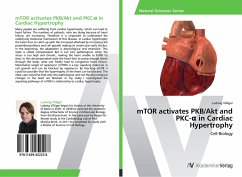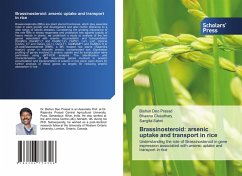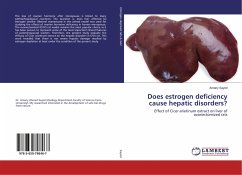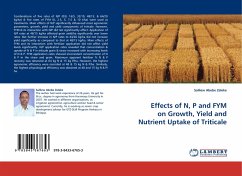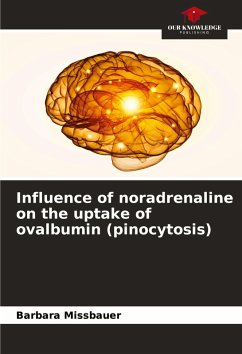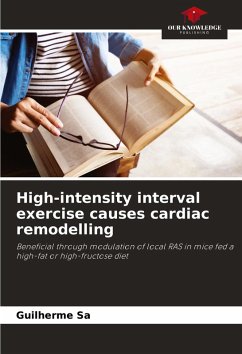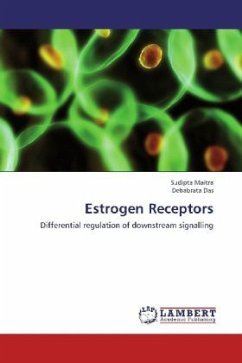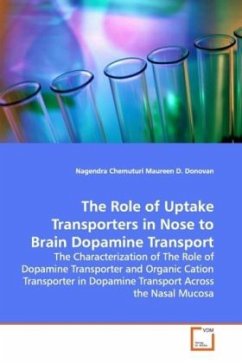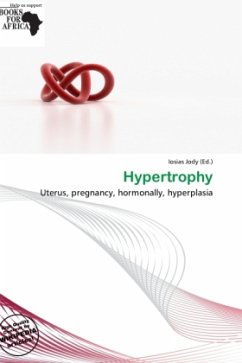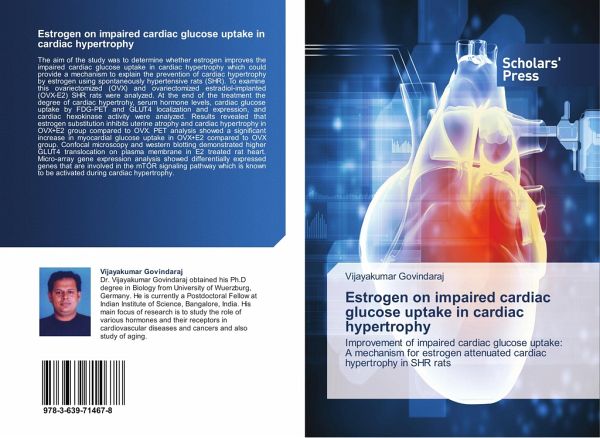
Estrogen on impaired cardiac glucose uptake in cardiac hypertrophy
Improvement of impaired cardiac glucose uptake: A mechanism for estrogen attenuated cardiac hypertrophy in SHR rats
Versandkostenfrei!
Versandfertig in 6-10 Tagen
25,99 €
inkl. MwSt.

PAYBACK Punkte
13 °P sammeln!
The aim of the study was to determine whether estrogen improves the impaired cardiac glucose uptake in cardiac hypertrophy which could provide a mechanism to explain the prevention of cardiac hypertrophy by estrogen using spontaneously hypertensive rats (SHR). To examine this ovariectomized (OVX) and ovariectomized estradiol-implanted (OVX-E2) SHR rats were analyzed. At the end of the treatment the degree of cardiac hypertrohy, serum hormone levels, cardiac glucose uptake by FDG-PET and GLUT4 localization and expression, and cardiac hexokinase activity were analyzed. Results revealed that estr...
The aim of the study was to determine whether estrogen improves the impaired cardiac glucose uptake in cardiac hypertrophy which could provide a mechanism to explain the prevention of cardiac hypertrophy by estrogen using spontaneously hypertensive rats (SHR). To examine this ovariectomized (OVX) and ovariectomized estradiol-implanted (OVX-E2) SHR rats were analyzed. At the end of the treatment the degree of cardiac hypertrohy, serum hormone levels, cardiac glucose uptake by FDG-PET and GLUT4 localization and expression, and cardiac hexokinase activity were analyzed. Results revealed that estrogen substitution inhibits uterine atrophy and cardiac hypertrophy in OVX+E2 group compared to OVX. PET analysis showed a significant increase in myocardial glucose uptake in OVX+E2 compared to OVX group. Confocal microscopy and western blotting demonstrated higher GLUT4 translocation on plasma membrane in E2 treated rat heart. Micro-array gene expression analysis showed differentially expressed genes that are involved in the mTOR signaling pathway which is known to be activated during cardiac hypertrophy.



